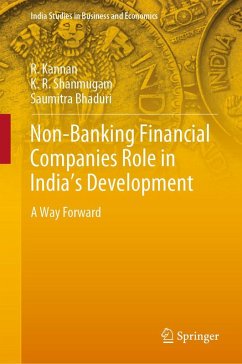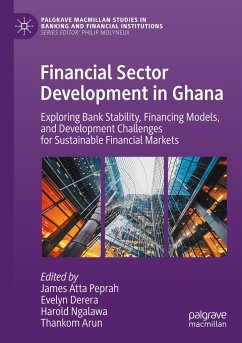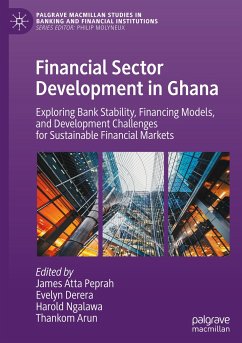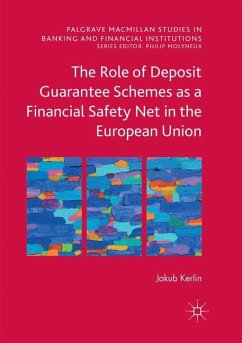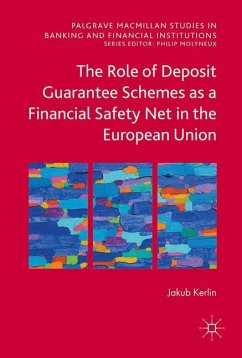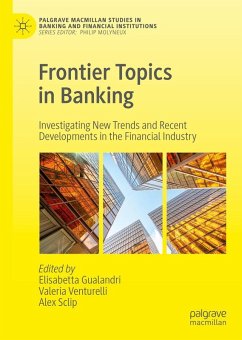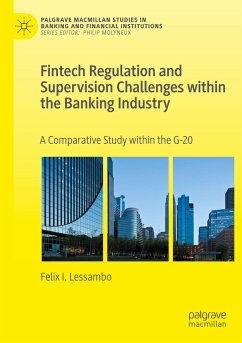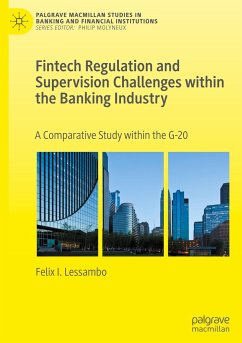
The Regulation of Mobile Money
Law and Practice in Sub-Saharan Africa

PAYBACK Punkte
38 °P sammeln!
The emergence of mobile money and other new forms of payment has changed the sovereign foundations of money. Starting as a Department for International Development funded project in Kenya, mobile money has now spread to many developing countries. This book looks at the regulatory issues that mobile money poses, and the potential risks to the financial system. It undertakes a comparative study of mobile money regimes in Kenya, Mala i, Tanzania, and South Africa. Although the main study is on Mala i, the lessons learnt are valuable to Sub Saharan Africa in understanding the regulatory issues sur...
The emergence of mobile money and other new forms of payment has changed the sovereign foundations of money. Starting as a Department for International Development funded project in Kenya, mobile money has now spread to many developing countries. This book looks at the regulatory issues that mobile money poses, and the potential risks to the financial system. It undertakes a comparative study of mobile money regimes in Kenya, Mala i, Tanzania, and South Africa. Although the main study is on Mala i, the lessons learnt are valuable to Sub Saharan Africa in understanding the regulatory issues surrounding mobile money. The main argument that this book makes is that the traditional regulatory architecture of supervising the financial services is ill-suited to supervise new forms of money like mobile money. With no requirement for a bank account, mobile money is not subject to prudential regulation. Mobile money is now considered a key developmental tool to achieve financial inclusion among the poor, rural based, unbanked, and underbanked. As opposed to traditional additive forms of financial inclusion, mobile money is transformative. In most jurisdictions where it has been launched, mobile money has largely been regulated using light-touch, with regulation following innovation. This work, however, proposes an approach based on the concept of really responsive regulation. This approach is best suited to embrace mobile money as it passes from the pre-financial inclusion to the post-financial inclusion phases of its evolution. This book will appeal to students and academics in the financial regulation field.



